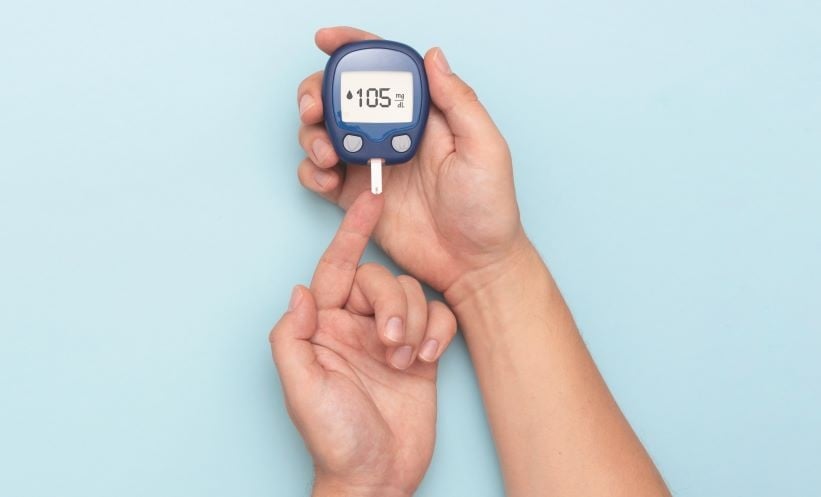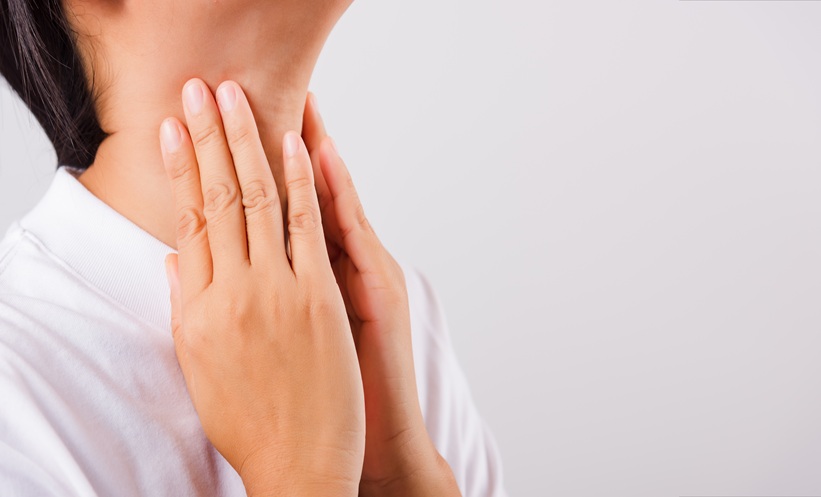HIGH daily doses of insulin in patients with Type 1 diabetes can increase the risk of cancer in later years. According to researchers Wenjun Zhong, Merck Research Laboratories, West Point, Pennsylvania, USA, and Yuanjie Mao, Ohio University, Athens, USA, cancer incidence increased with the average daily insulin dose.
Zhong and Mao analysed data from 1,303 patients with Type 1 diabetes from the DCCT and EDIC study, who had been followed for 28 years. Their findings indicate that the daily insulin dose was linked with a high risk for cancer (hazard ratio [HR]: 4.13; 95% confidence interval [CI]: 1.13–15.17) after adjusting for other factors, including high-density lipoprotein cholesterol. During this time, 7% of patients were diagnosed with cancer, with an incidence of 2.8/1,000 person-years (95% CI: 2.2–3.3). Furthermore, the researchers found that the higher the dose, the higher the risk of cancer. Individuals on low- (<0.5 units/kg), medium- (≥0.5–<0.8 units/kg), and high-dose insulin had an incidence rate of 2.11, 2.87, and 2.91/1,000 person-years, respectively.
The majority of diagnoses (58%) occurred in Years 21–28, one-third in Years 11–20, and only 9% in the first 10 years. The most common was skin cancer, with 27 cases, which was followed by 15 for breast, eight for reproductive, six for digestive, five for head and neck, four for bone or blood, four for prostate, two for urinary, and two for thoracic, with two cancers being unknown.
The researchers found that other factors were also linked to increased cancer risk, including female sex (HR: 2.02; 95% CI: 1.28-3.19) and age (HR: 1.09; 95% CI: 1.06–1.13). However, engaging in moderate-to-strenuous exercise could protect against cancer compared with a sedentary lifestyle (HR: 0.31; 95% CI: 0.16–0.59).
These results do conflict with a previous study from 2016, which found no significant difference between insulin treatment and cancer risk. However, Zhong and Mao believe that this is because the insulin dose was low (averaging at <0.3 units/kg/day) and that many patients did not continue with their insulin treatment during the follow-up.
As a result of these findings, Zhong and Moa believe that future studies are needed to discover more about the link between daily insulin dose and different cancers.








